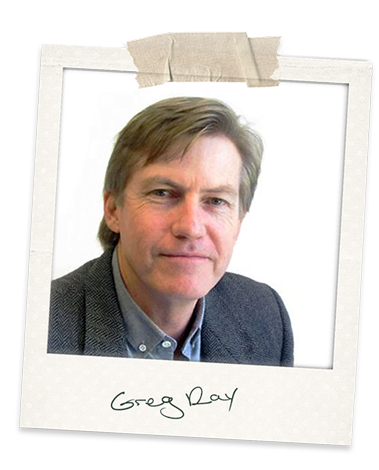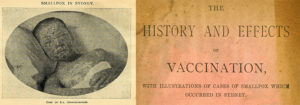What would George Orwell think if he could come back to life now?
In his hugely influential dystopian novel 1984, Orwell extrapolated from trends he could see in his own times (the book was published in 1949) to imagine where these trends might take the world in the future.
A future where the world’s nations coalesced into three main blocs; the presumed Anglosphere of Oceania, the possibly Russian dominated Eurasia and the possibly China-centric Eastasia.
Oceania was ruled by “Big Brother”, a figurehead who demanded total loyalty from all citizens in deed, word and even thought and who appeared each night on a screen in the homes of citizens exhorting them to furious hatred of the latest enemy.
Enemies changed for reasons that were beyond the ability of mere citizens to grasp, but when they did, history was also changed so that today’s allies had always been allies and today’s enemies had always been enemies.
Language was simplified in Oceania. Newspeak wiped out most of the vocabulary of the language it had replaced. The reason was that, with fewer words to use, most citizens would be incapable of manipulating complex ideas in their minds and the all-pervasive propaganda of the state had an easier job steamrolling the population along any course it chose.
Citizens who strayed from the accepted narrative could be found guilty of “thought-crime” and sanctioned accordingly.
The economy of Oceania was war-based. All effort ultimately went into creating armaments that were conveniently destroyed in warfare so the process could start again.
Now and then a bomb would lob into an Oceanian neighbourhood, reminding everybody of the presence of the external enemy, but some thought-criminals harboured suspicions that the bombs were lobbed by Big Brother’s government to keep the citizens on edge and afraid.
And so, here we are today, in 2022.
Are you guilty of thought-crime?
How much of the checklist you want to tick off depends on how much of a thought-criminal you are, I suppose.
I’m a pretty hardened crim, since I fancy I can see quite a bit that’s Orwellian in the Anglosphere today, and the parallels have intensified during the most recent chapter of the long-running Ukraine crisis. The nightly hate. The death or distortion of history and context. The demonisation of dissent and the discouragement of any questioning of the party line on geopolitical questions. The increasingly war-based economy. Go further, if you dare.
Of course, Orwell was extrapolating from what he had known and seen in his lifetime, and he was wrong in some respects. The blossoming of global finance capitalism is missing from his dystopian vision and his Big Brother, as a result, is more of a Stalinist or Maoist figure than might have been the case if he’d been around to write the book today.
I, frankly, see Big Brother speaking through our politicians and our media and I can’t say he has one particular face at all. Thanks to the miracle of the internet and social media platforms it might be argued that Big Brother has a face tailored to suit each of us in our own way.
At any rate, we are not left long in doubt about what our thoughts and opinions ought to be, and dissent is robustly discouraged, ridiculed, marginalised and increasingly outlawed.
How does it all resolve?
I’ve no idea, but according to Orwell in 1984: “If you want a picture of the future, imagine a boot stamping on a human face— forever”.
Now that’s what I call dystopian.


